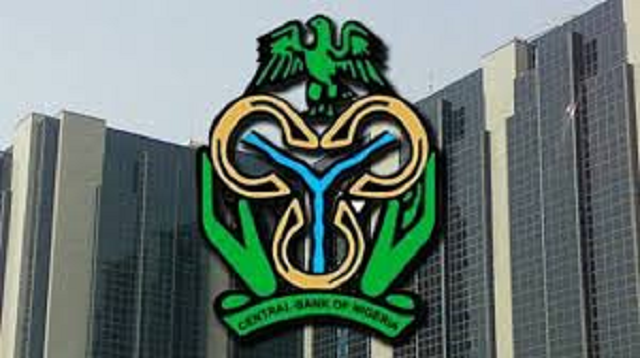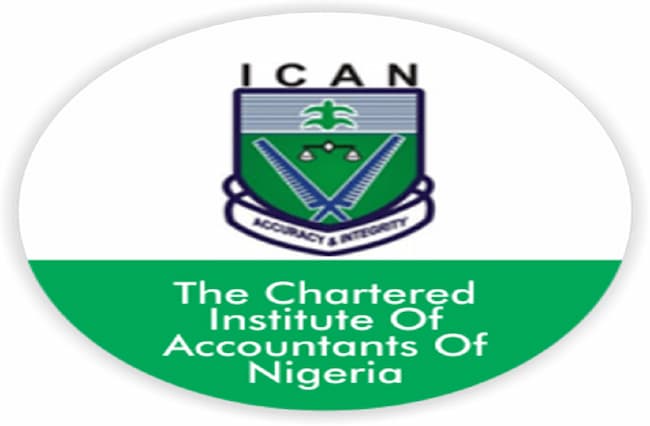Given the current state of uncertainty in the world, the Monetary Policy Committee (MPC) of the Central Bank of Nigeria (CBN) has expressed concern over the sustainability of the country’s debt.
The committee noted that the federal government’s rising debt profile is concerning and that it needs to urgently diversify its source of income.
This information was provided by the Monetary Policy Committee (MPC) in a document titled “Central Bank of Nigeria Communiqué No. 143 of the Monetary Policy Committee Meeting Held on Monday, July 18 and Tuesday, July 19, 2022” and published on the website of the CBN.
It stated, “The committee noted the Federal Government’s increasing debt profile and expressed concerns over debt sustainability given that global uncertainties remain elevated.
“The MPC thus reiterated its call to the Federal Government to urgently diversify its revenue sources through various initiatives, such as the development of a viable tax framework for the extractive and mineral export industries, to strengthen its fiscal buffers.”
Nigeria’s entire public debt stock increased to N41.60 trillion in the first quarter of 2022, according to the Debt Management Office. Nigeria reportedly used 86% of its income in 2021 to pay down debt.
The International Monetary Fund (IMF) recently forecasted that in 2022, the federal government might spend more money on paying debt interest.
This was stated in the study titled “Nigeria Staff Report for the 2021 Article IV Consultation.” “Although interest payments represented only 2% of GDP in 2020, they accounted for around 89 % of Federal Government revenues, demonstrating weak domestic revenue mobilisation potential,” it was noted.
“The FG interest-to-revenue ratio is expected to slightly decline to around 86 per cent in 2021 and rise steadily to reach 139 per cent by 2026. High interest-to-revenue ratio puts fiscal space at risk and makes financing of current and capital spending highly dependent on debt financing.”













